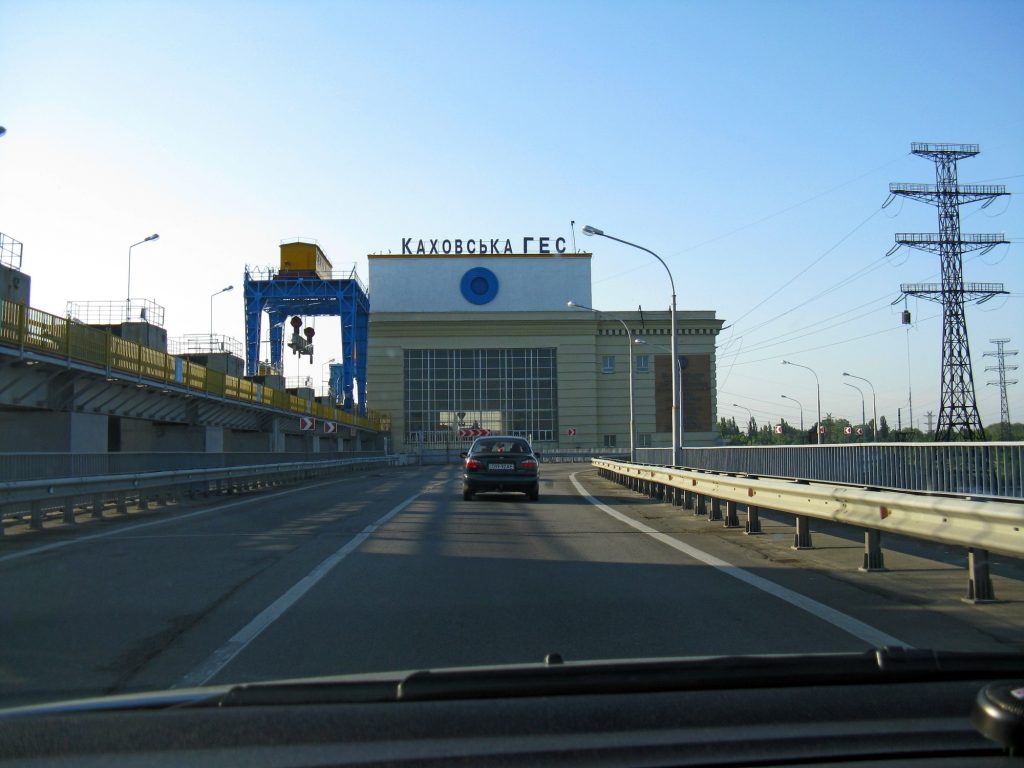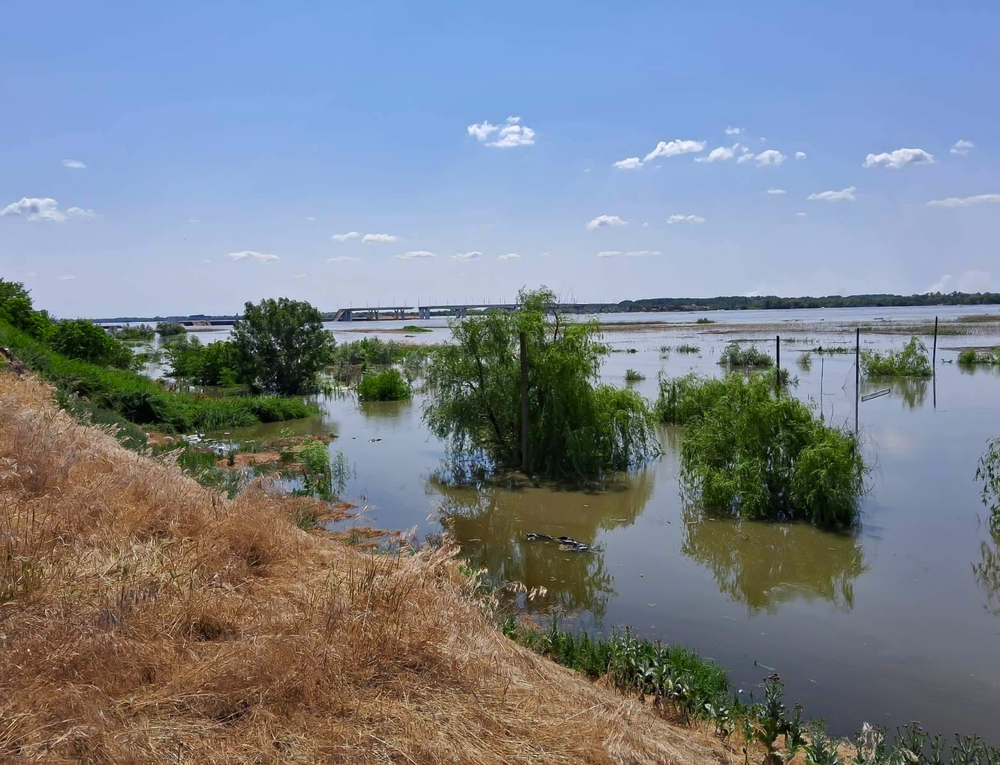Promote Ukraine is the European Citizen’s Prize-winning NGO based in Brussels.

On 6 June, as Ukraine and the world woke up to the horrifying reality of a blown-up dam in New Kakhovka, the United Nations (UN) started the day with a tweet celebrating Russian Language Day. Just four hours later, a tweet expressing concerns about the situation emerged, yet it failed to acknowledge the undeniable connection between this event and Russia’s war against Ukraine.



The celebration of Russian Language Day might seem innocuous at first glance. There may be those, including the UN communication team, who will argue that the United Nations celebrates designated days for each of the official languages and those who will emphasise the importance of distinguishing between the actions of a specific country and a language that is spoken by numerous people globally.
While such statements bear truth, it is imperative to recognise the context in which such celebrations take place, which UN staff clearly failed to do. Furthermore, such celebration of linguistic diversity should not come at the cost of condoning the crimes committed by a member state. Regrettably, the UN’s misplaced priorities inadvertently contributed to whitewashing the reputation of a state despite its involvement in acts classified as war crimes and terrorism.
Although it may appear inconsequential, this issue is indicative of a larger problem within the current international system. The UN, as an international organisation entrusted with maintaining peace, justice, and human rights, bears the responsibility to hold nations accountable for their actions. However, Russia has been openly engaging in war against Ukraine for over a year (in reality, since 2014), and yet, it remains a permanent member of the UN Security Council. This is also not the first instance of Russian aggression; its three-decade history in the UN has been marked by the aggression or occupation of sovereign countries and the forceful alteration of internationally recognised borders: Moldova’s Transnistria (1992-1993), Georgia’s Abkhazia (1992-1993) and South Ossetia (2008), Syria (2015-2022), the occupation of Crimea and parts of Donbas since 2014 to present day.
While Russia’s transgressions have led to some sanctions (after large-scale destruction and human suffering), the consequences fall far short of what is necessary. Ukraine is striving to build a coalition that supports the establishment of a special tribunal to prosecute the crime of aggression, at least holding Russia responsible for the ongoing war. The UN, as the key international body, has the power to legitimise the authority of such a tribunal. However, Russia’s veto power in the UN Security Council obstructs this critical step.
As Nobel Peace Prize Laureate Oleksandra Matviichuk rightly noted in her appeal to the Secretary-General of the United Nations, “The world, in which the strongest, rather than the rule of law, prevails, poses a hazard to everyone’s peace and security.” It is imperative for the UN and its member states to urgently reform the international peace and security system to ensure effective guarantees for all states and their citizens, regardless of military alliances or capacities.
Russia’s systematic violations of the UN Charter should not go unaccounted for. The global community has an obligation to act and set an example by holding Russia accountable. No permanent member of the Security Council should be allowed to violate international law and human rights with impunity.
Until then, the UN’s limited courage seems confined to celebrating Russian Language Day, while millions of people whose human rights the UN was created to protect suffer from the consequences of Russia’s wars.






 UA
UA FR
FR DE
DE




